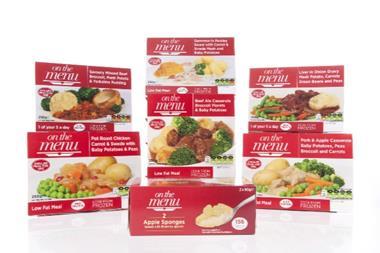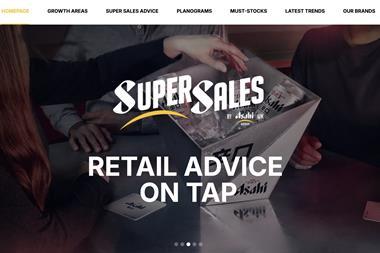NCS 2012: Review
By Robin Mannering2012-04-16T16:23:00

The NCS returned to Birmingham NEC at the end of March, providing food for thought and inspiration
ALREADY HAVE A REGISTERED USER ACCOUNT? PLEASE LOG IN HERE
To read the full story join the ConvenienceStore.co.uk community today!
Registration is quick and easy and provides access to:
- Unlimited ConvenienceStore.co.uk articles
- Our great range of newsletters
- Content you’ve saved for later via the ‘my library’ feature
And much more…
Related articles
-

-

-

-

-

Boost your beer sales for Christmas and New Year
This content is provided by Heineken UK
-

Make your c-store part-and-parcel of the community
Paid for and in partnership with Parcel Pending by Quadient
More from News
Unlimited Access + Newsletters
Register today to gain unlimited access to articles and to receive our great range of email newsletters.

























